If your freezer has stopped cooling or is making weird noises, you don’t have to call a pro immediately. Most issues are easy to spot and fix with a few tools and a bit of patience. Below you’ll find the most common freezer problems, quick checks, and step‑by‑step fixes you can try at home.
The first thing to do is identify the symptom. Is the freezer not getting cold at all? Is there ice buildup? Is it leaking water? Write down what you see – that will guide the repair and save you time.
1. Freezer Not Cooling – The most frequent cause is a blocked condenser coil or a dirty fan. Pull the freezer away from the wall, locate the coils at the back or underneath, and vacuum any dust. While you’re there, spin the fan with your hand; it should move freely. If it’s stuck, a simple cleaning might free it, but a broken motor will need replacement.
2. Ice Buildup – Frost can form when the door seal is loose or the defrost timer fails. Check the rubber gasket for cracks or gaps; run a finger around it to feel for cold leaks. A seal that’s not tight lets warm air in, causing frost. Replace the gasket or apply a thin line of silicone sealant for a quick patch.
3. Leaking Water – Usually this comes from a clogged defrost drain. Locate the drain hole at the back of the freezer, clear it with a pipe cleaner, and pour a cup of hot water to melt any blockage. If the water still pools, the drain pan might be cracked and will need a new one.
Step 1 – Power Down – Unplug the freezer or switch off the circuit breaker. Give it a few minutes to settle before you start opening panels.
Step 2 – Clean the Coils – Use a coil brush or an old vacuum attachment to remove dust. A clean coil improves airflow and cooling efficiency.
Step 3 – Test the Fan – If the fan is noisy or won’t spin, it might need a new motor. Remove the fan cover, disconnect the wiring, and replace the motor with a matching part (check the model number on the label). Reattach and listen for a smooth hum.
Step 4 – Check the Thermostat – Many freezers have a dial or electronic sensor. Turn the dial a few notches higher and see if the freezer starts to cool. If not, the thermostat could be faulty and should be swapped out.
Step 5 – Defrost Timer – For older units, the timer can get stuck in the “off” position. Locate the timer (usually behind the control panel) and manually advance it using a screwdriver. If it jumps back instantly, the timer is dead and needs replacement.
After you finish, plug the freezer back in and give it 24 hours to reach the proper temperature. Keep an eye on it for any recurring issues – if the problem returns, it might be time to call a professional.
These fixes cover about 80 % of freezer headaches. Most homeowners can handle them without special training, and the cost is far less than a service call. Remember to always safety‑first: unplug, wear gloves, and don’t force any parts.
Got a different freezer problem? Try searching for a specific guide or check out our related DIY articles on appliances – from electric oven elements to kitchen extractor fans – they all follow the same clear, step‑by‑step style.
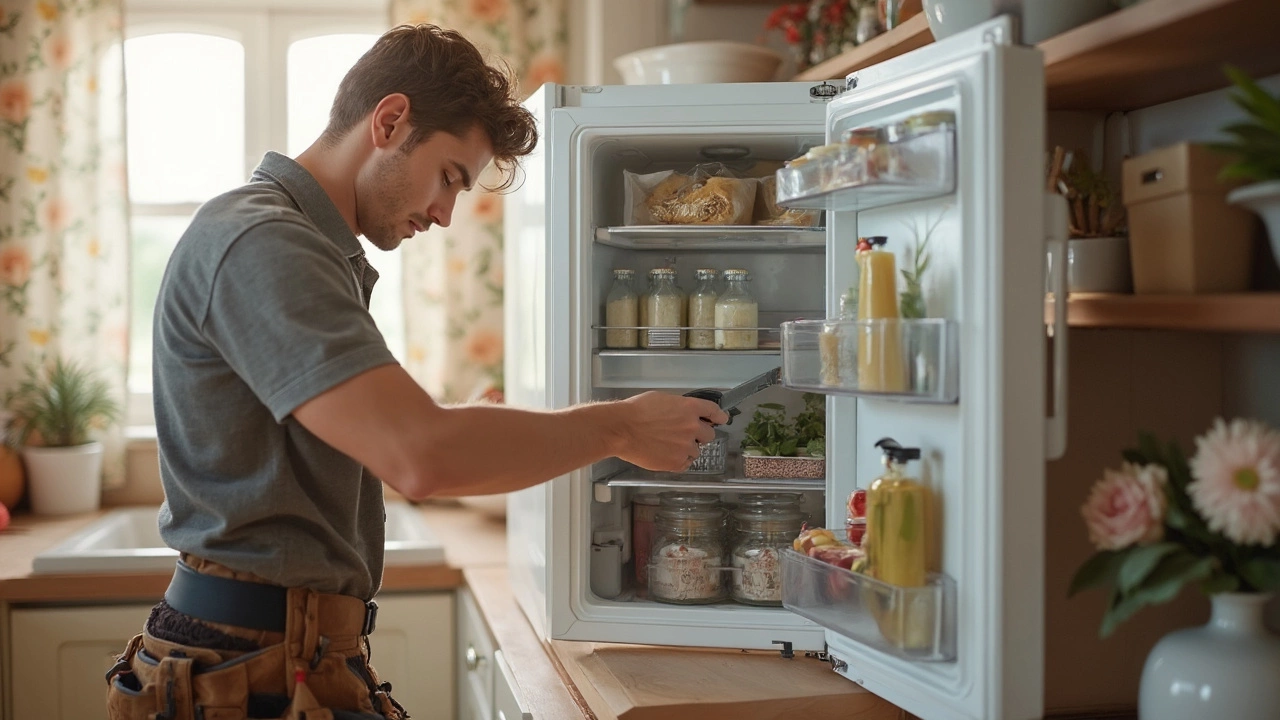
Resetting a freezer compressor may sound daunting, but it's an essential skill for maintaining your appliance's efficiency. Compressors can occasionally need a reset to function properly, potentially saving you from costly repairs or replacements. This article walks you through the steps to safely reset your freezer compressor and offers tips to prevent future issues. Understanding when and why to reset your compressor can keep your freezer running smoothly and extend its lifespan.
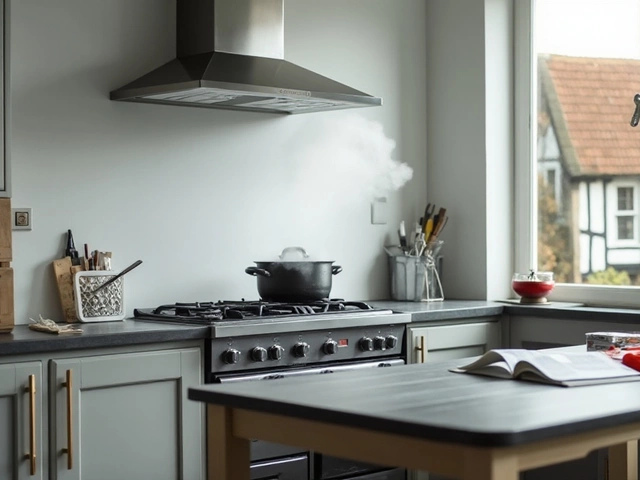
Extractor fans play a pivotal role in maintaining air quality in kitchens and bathrooms by expelling moisture, odors, and smoke. If your extractor fan suddenly stops working, it can lead to persistent humidity or unpleasant smells. This guide provides practical steps for diagnosing and fixing common issues that can cause an extractor fan to malfunction. From checking power supply and fuses to cleaning and replacing parts, understanding the intricacies can save you time and money. By following these steps, you can restore your extractor fan’s functionality and maintain a comfortable home environment.

Deciding whether to fix or replace your oven in 2025? Learn real repair costs, when replacement saves money, safety risks of old ovens, and how to make the smart choice without overpaying.
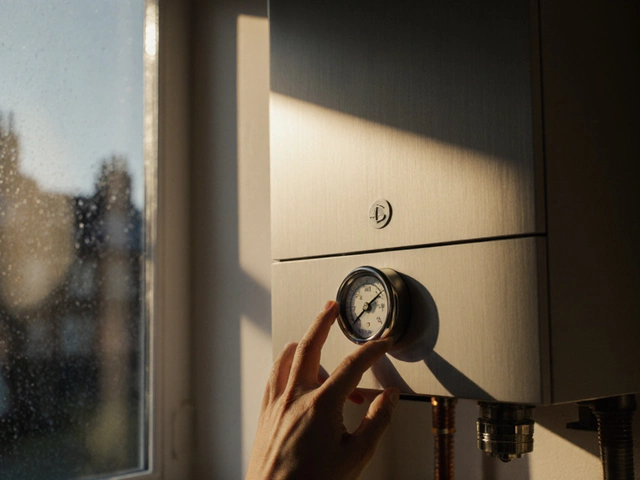
Step‑by‑step guide to diagnose common boiler problems, covering pressure, thermostat, fault codes, leaks, and when to call a professional.
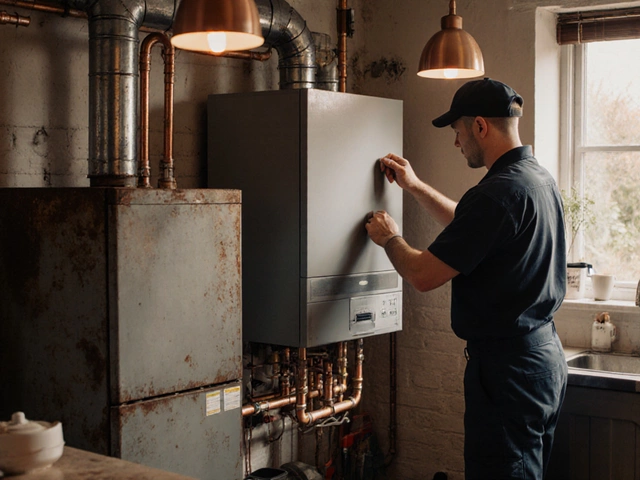
Find out how much a new boiler costs in 2025, including prices by type, installation fees, rebates, and how to avoid overpaying. Learn when to replace your boiler and what to look for in a quote.
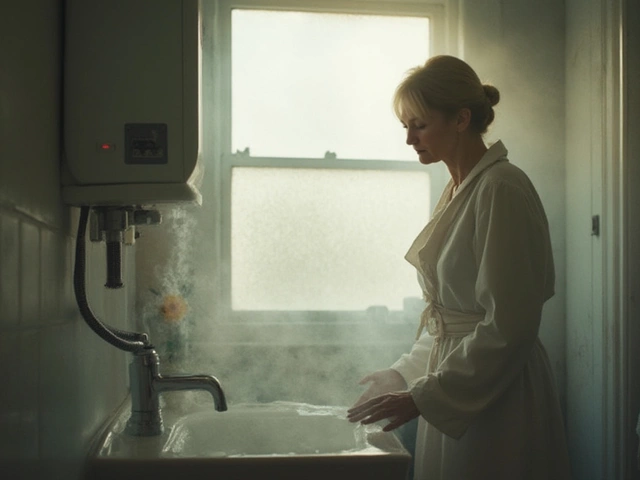
Wondering why your water heater keeps needing a reset before you get hot water? Learn the real reasons, what you can safely check, and when it’s time to call for help.